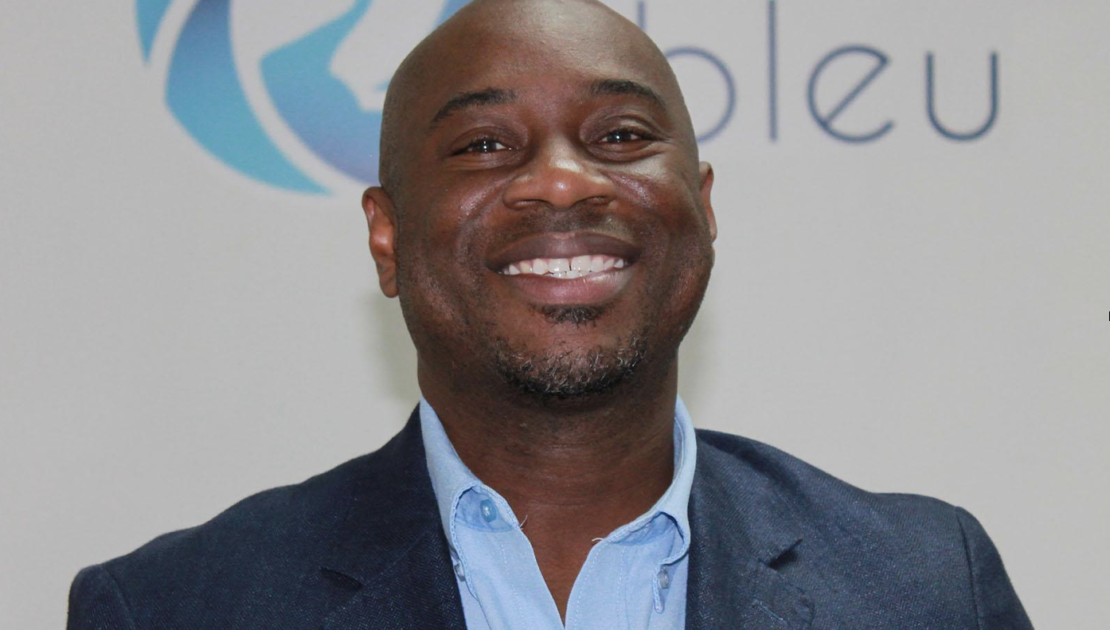Hidden in Plain Sight: Financial Inclusion Secret
- September 21, 2023
- Posted by: AmCham Haiti
- Category: Members' Notes

In the bustling neighborhoods of developing countries, where traditional banking often falls short, a humble yet powerful financial tool quietly thrives: the ROSCA, or Rotating Savings and Credit Association. These informal community-based savings groups serve as a lifeline for millions of individuals, providing a vital bridge to financial stability, empowerment, and prosperity. In Haiti, we call it SOL.
The ROSCA (SOL): A Beacon of Hope
ROSCAs are as diverse as the communities they serve, but their core concept remains simple yet effective. A group of people comes together, typically around 10 to 20 members, and agrees to pool a fixed amount of money at regular intervals, say weekly or monthly. Each member takes turns receiving the lump sum, and this rotation continues until every member has had their share.
At first glance, it may seem like a rudimentary savings plan, but the impact of ROSCAs in developing nations is profound.
Financial Inclusion and Savings
In regions where traditional banks are scarce, and the unbanked or underbanked populations are prevalent, ROSCAs become a cornerstone of financial inclusion. They empower individuals to save, which is often the first step toward financial security. Members can accumulate funds for various purposes, be it for emergencies, education, housing, or starting a small business.
Access to Credit
ROSCAs also double as microcredit platforms. When members receive their share of the pooled funds, they can use it as collateral-free credit. This access to credit is a game-changer for budding entrepreneurs and those who lack access to formal financial institutions. It fosters entrepreneurship, small-scale enterprises, and, ultimately, economic growth.
Building Trust and Community
Beyond financial benefits, ROSCAs promote a culture of trust and community. Participants rely on each other’s commitment to regular contributions and the fair rotation of funds. This trust extends beyond financial matters and often leads to stronger social bonds and mutual support networks.
Addressing the Gender Gap
ROSCAs can be particularly impactful for women in patriarchal societies. They provide women with financial independence, a platform to save and invest in their families, and an opportunity to participate in decision-making processes within the group.
ROSCAs in the Digital Age
As the world advances technologically, ROSCAs are also evolving. Many ROSCAs are transitioning into digital platforms, making it easier to manage contributions, track transactions, and access funds. This digital transformation enhances transparency and accountability, reducing the risk of fraud or mismanagement.
The Ripple Effect
ROSCAs may appear as modest savings clubs, but their impact resonates far and wide. They have the power to uplift individuals and communities, breaking the cycle of poverty, and fostering economic development. They are an essential financial tool that is pivotal in achieving several Sustainable Development Goals, including poverty eradication, gender equality, and economic growth.
In the developing world, where formal banking systems often fall short, ROSCAs are not just financial tools but pathways to empowerment, prosperity, and a brighter future. As we navigate the complexities of modern finance, let’s remember the profound impact of these humble yet essential community-based initiatives. They exemplify the spirit of resilience, cooperation, and hope that transcends borders and transforms lives.
Jude Jean-Baptiste
PAON BLEU


